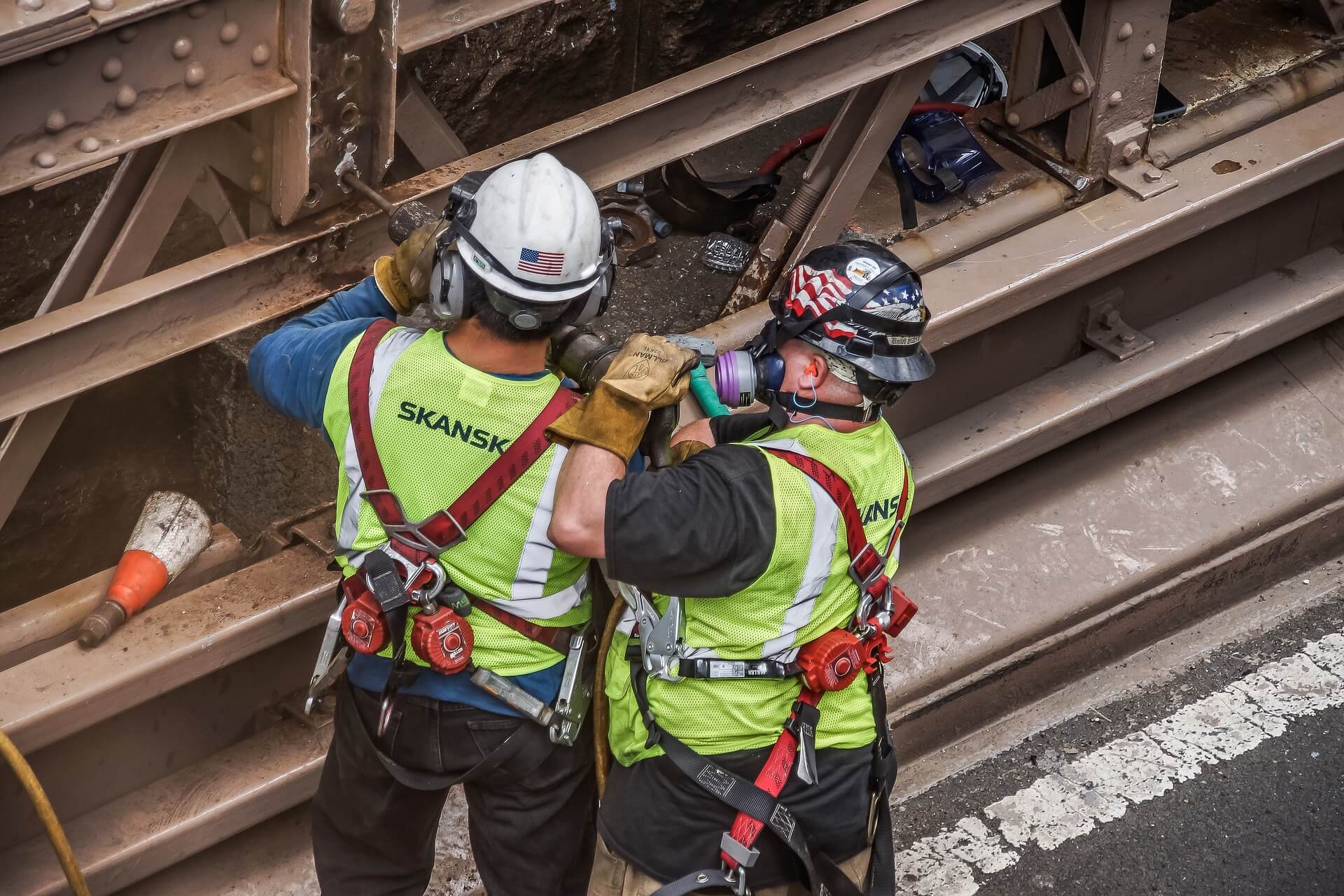A Deeper Look into How Working as a FIFO Worker Impacts Your Physical Health
Introduction
The FIFO lifestyle has become increasingly popular in the last few decades, with many people opting to work away from home for extended periods of time. Although this can be a great way to make money and gain valuable experience, there are numerous potential health risks associated with it. Research suggests that FIFO workers are more likely than their non-FIFO counterparts to suffer from obesity, smoking, and other physical ailments due to the increased stress levels and lack of regular exercise associated with working away from home for long periods of time. In this article, we will look at how the FIFO lifestyle is linked to various health risks, as well as strategies that can be used by those who must undertake these types of jobs in order to remain healthy while away from home.
Potential health risks associated with being a FIFO worker, such as obesity and smoking
Studies have found that FIFO workers are more likely to suffer from obesity than their non-FIFO counterparts, due to the lack of regular exercise and healthy eating habits associated with being away from home. The combination of long hours and easy access to unhealthy convenience foods with excess calories also contributes to the prevalence of obesity in this population. Additionally, FIFO workers have been found to be more likely than their non-FIFO counterparts to smoke, which further increases the risk of developing health issues such as heart disease and certain types of cancer. Shift work and irregular or poor sleep patterns are also associated with an increase in health risks, as they can lead to higher levels of stress and fatigue.
Research that supports the link between working away from home for extended periods of time and increased health risks
A number of studies have been conducted to examine the link between working away from home for extended periods of time and increased health risks. One study, conducted by Ha and colleagues in 2017, found that FIFO workers were more likely to be overweight or obese than non-FIFO workers. The study also found that FIFO workers were more likely to consume higher amounts of junk food with a high-calorie intake and that they were more likely to smoke than their non-FIFO counterparts. Another study, conducted in 2018 by Balmer and colleagues, found that FIFO workers had significantly lower levels of physical activity compared to non-FIFO workers. This lack of regular exercise was thought to contribute to the increased risk of obesity, smoking and other health risks associated with FIFO work.

Strategies to reduce stress levels while working away from home, such as exercise, healthy eating habits, and regular breaks
Exercise is a key strategy to reduce stress levels while working away from home. Research has found that regular exercise can help to reduce stress, improve mood, and increase productivity. Additionally, a regular exercise routine can help to combat the potential for obesity and other physical ailments associated with FIFO work by allowing workers to maintain a healthy weight. Eating healthy foods, such as fruits and vegetables, can also help to reduce the risk of obesity and other health issues associated with FIFO work by providing essential nutrients and vitamins.
It is essential to have a comprehensive support system in place for FIFO workers in order to reduce the risk of developing various health issues. Medications can be used to treat a variety of conditions, from obesity to smoking, and having access to these medications can help to reduce the risk of more serious physical ailments and can reduce feeling hungry. Additionally, dieticians and other health professionals like accountability coaches or counsellors can provide advice on eating patterns, healthy fats, and how to stay motivated to ensure that FIFO workers remain healthy while away from home.
Telehealth medical services have become increasingly popular in recent years, and they offer a wide range of conveniences to those who need to lose weight or stop smoking. Telehealth allows patients to access medical advice and support from the comfort of their own homes, without needing to attend appointments or visit a medical practice. This makes it much easier for FIFO workers to access medical advice, even when they are away from home. Having these support systems in place can take you a step closer to getting your health back.
Tips on how to stay connected with family and friends while away from home in order to cope better with loneliness or homesickness
There are a number of ways to stay connected with family and friends while away from home, which can help to cope with loneliness or homesickness. One way is to make use of technology, such as video calling or messaging apps, to stay in touch with loved ones. Another way is to plan regular visits home or to make sure to take regular breaks from work. Additionally, FIFO workers can make use of online communities, services, or forums to connect with other people in similar situations. Finally, it is important to stay engaged and active while away from home by exercising regularly and developing healthy habits such as eating well and getting enough sleep.

The importance of taking regular checkups when working away from home for long periods of time
Regular checkups are an important part of staying healthy while working away from home for extended periods of time. While most medical conditions can’t be prevented, regular checkups can help to detect any early signs of problems before they become more serious. During checkups, healthcare professionals can identify any potential health risks and provide advice on how to reduce the risk of developing these conditions. Additionally, regular checkups can be used to monitor existing medical conditions and adjust medication or treatment plans accordingly. As such, it is important for FIFO workers to make sure that they are taking regular checkups in order to remain healthy while on the job. This can be difficult with the FIFO lifestyle, Telehealth medical services can be used to facilitate these checkups, allowing workers to access medical advice and support while on-site or at home.
Final thoughts on staying healthy while living the FIFO lifestyle
Living the FIFO lifestyle brings with it a unique set of challenges and health risks. While it is impossible to completely eliminate these risks, there are steps that can be taken to reduce the likelihood of developing physical or mental health issues. Eating healthy foods, such as fruits and vegetables, and having a balanced diet is an important step to maintaining a healthy weight and avoiding obesity. Exercise and regular check-ups are also important for detecting potential health issues before they become more serious. Finally, having access to support systems, such as friends and family or medical professionals, can help FIFO workers to remain healthy while away from home. By following these steps, FIFO workers can make sure that they stay physically and mentally healthy while living this unique lifestyle.
Conclusion
Living the FIFO lifestyle brings with it a unique set of challenges and health risks, but there are steps that can be taken to reduce these risks as mentioned above, Telehealth medical services provide an easy way for FIFO workers to access medical advice when they cannot attend physical appointments or visit a healthcare facility. Ultimately, by following these tips and utilising available resources such as telemedicine services, FIFO workers can stay healthy despite their demanding work schedule.
This article has been written for informational purposes only and does not constitute medical advice. If you are concerned about your health, please consult with a qualified healthcare professional.
